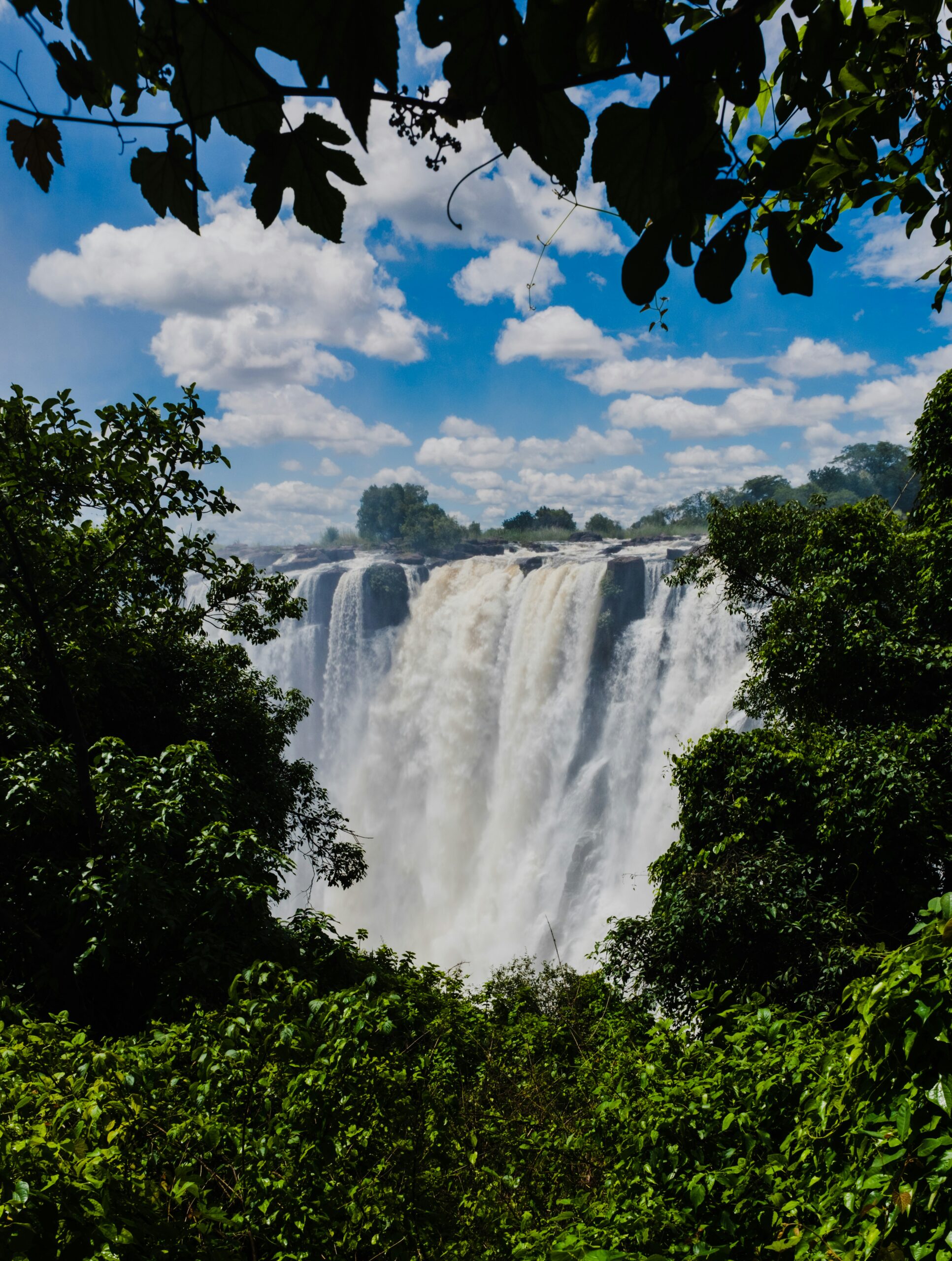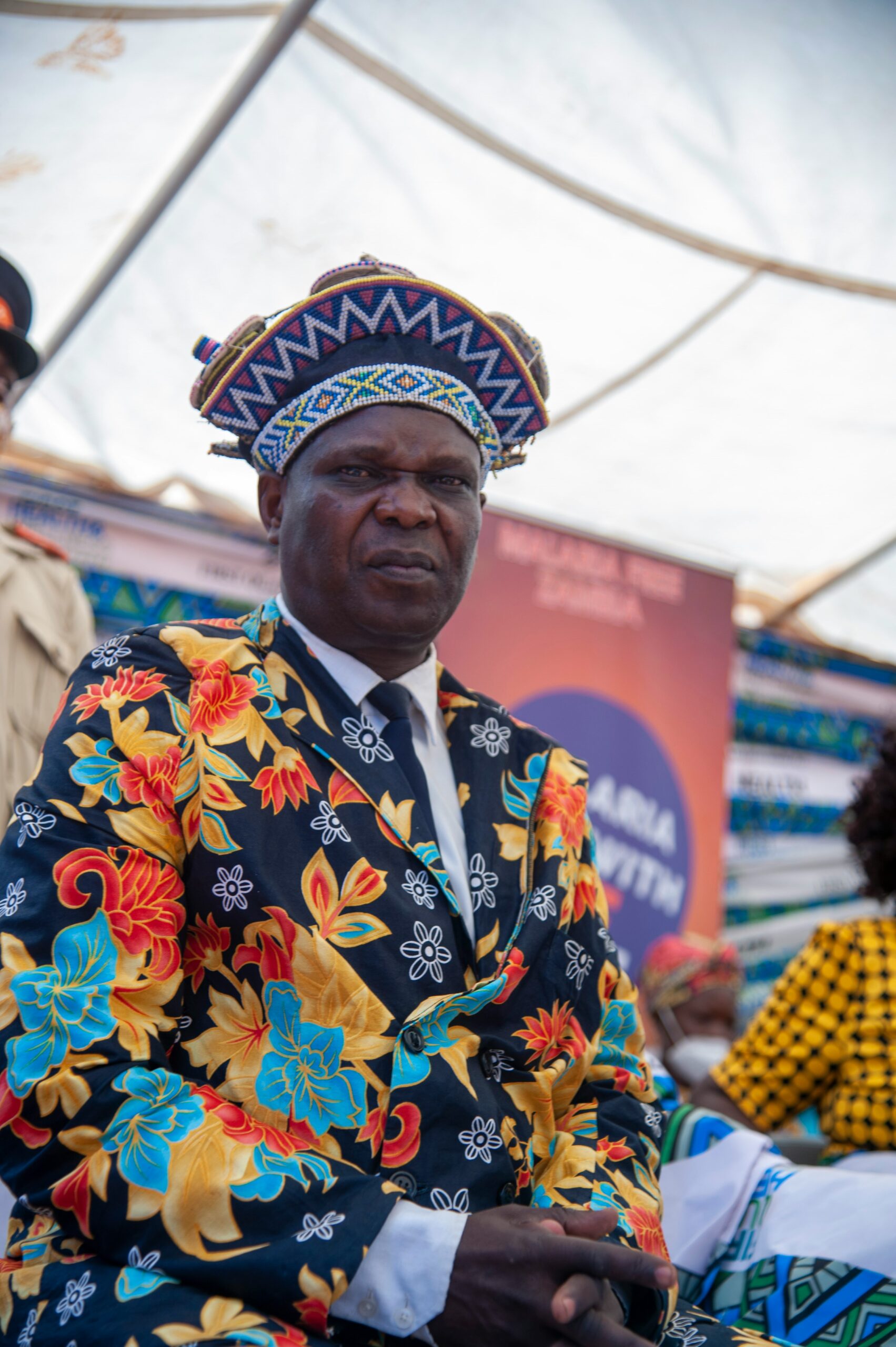
Photo by Chris Boland
Zambia
Zambia is a landlocked country located in Southern Africa. It shares borders with eight countries, including the Democratic Republic of Congo, Tanzania, Malawi, Mozambique, Zimbabwe, Botswana, Namibia, and Angola. The Zambezi River, one of Africa’s longest rivers, flows through the country.
Lusaka is the capital and largest city of Zambia. It serves as the country’s economic, political, and cultural centre, as well as a hub for transportation and commerce.
English is the official language of Zambia, inherited from its colonial history under British rule. However, Bemba, Nyanja, and several other indigenous languages are also widely spoken across the country.
Despite its relatively small population compared to other African countries, Zambia is known for its cultural diversity and ethnic harmony.
Zambia gained independence from British colonial rule on October 24, 1964. It became the Republic of Zambia, with Kenneth Kaunda serving as its first president.
Zambia operates as a multi-party democracy with a presidential system of government. The President serves as both the head of state and head of government, while the National Assembly is the country’s legislative body.
Zambia’s economy is largely dependent on copper mining, which accounts for a significant portion of the country’s export earnings. In recent years, Zambia has sought to diversify its economy by investing in sectors such as agriculture, tourism, and renewable energy.
One of Zambia’s most famous natural attractions is Victoria Falls, located on the Zambezi River along the border with Zimbabwe. It’s also the largest and most spectacular waterfalls in the world, attracting tourists from around the globe.
The Kariba Dam, located on the Zambezi River, is one of the largest hydroelectric power projects in Africa. It provides electricity to both Zambia and Zimbabwe and supports irrigation and agriculture in the region.
South Luangwa National Park is one of Zambia’s premier safari destinations, known for its abundant wildlife, including elephants, hippos, crocodiles, and various species of antelope. The park offers excellent opportunities for game viewing and birdwatching.
Hidden Insights: Uncovering Zambia
1. Lake Tanganyika: Lake Tanganyika, shared with neighbouring Tanzania, is one of the largest and deepest freshwater lakes in the world. It provides important fisheries resources and supports local communities along its shores.
2. Peaceful Coexistence: Zambia is known for its history of political stability and peaceful coexistence among its diverse ethnic and religious communities. The country has a reputation for tolerance, inclusivity, and non-violent conflict resolution.
3. Traditional Cuisine: Zambian staple foods include nshima, a thick maize porridge served with relishes such as fish, meat, vegetables, and legumes. Other popular dishes include ifisashi (a vegetable stew), biltong (dried meat), and chikanda (a traditional dessert made from groundnuts and wild tubers).
4. Traditional Healing Practices: Traditional healers, known as “witch doctors” or “traditional doctors,” play important roles in Zambian society, providing healthcare services, spiritual guidance, and herbal remedies to address physical, emotional, and spiritual ailments. Traditional healing practices often coexist alongside modern medicine and are deeply rooted in indigenous knowledge systems.

Photo by Josphat Nchemba

Photo by Sikwe Scarter-
Capital City: Lusaka
Population: 20,216,029 (2023 est.)
Nationality: Zambian(s)
Location: Southern Africa, east of Angola, south of the Democratic Republic of the Congo
Languages: Bemba 33.4%, Nyanja 14.7%, Tonga 11.4%, Lozi 5.5%, Chewa 4.5%, Nsenga 2.9%, Tumbuka 2.5%, Lunda (North Western) 1.9%, Kaonde 1.8%, Lala 1.8%, Lamba 1.8%, English (official) 1.7%, Luvale 1.5%, Mambwe 1.3%, Namwanga 1.2%, Lenje 1.1%, Bisa 1%, other 9.7%, unspecified 0.2% (2010 est.)
Religion: Protestant 75.3%, Roman Catholic 20.2%, other 2.7% (includes Muslim, Buddhist, Hindu, and Baha’i), none 1.8% (2010 est
Area Total: 752,618 sq km
Zambia Embassy/High Commission in UK
Address: 2 Palace Gate, South Kensington, London W8 5NG
Website: N/a
Correcting The Map: The True Size Of Africa
The Mercator Projection downplays the size of Global South continents as it makes the Global North look larger
Heritage: What shapes us?
When heritage is mentioned, our minds often leap to the spectacular and the visible: the grandeur of world heritage sites, the majesty of traditional attire, the vibrant swirl of dances and festivals, or the melodies of mother tongues. These are the showpieces of...
HER-itage: Africa’s Phenomenal Queens And Leaders
Honouring and celebrating the incredible contributions of women throughout African history. These remarkable women have shaped nations, led revolutions, and stood against oppression with unwavering resilience. These queens, warriors, and visionaries broke barriers,...
